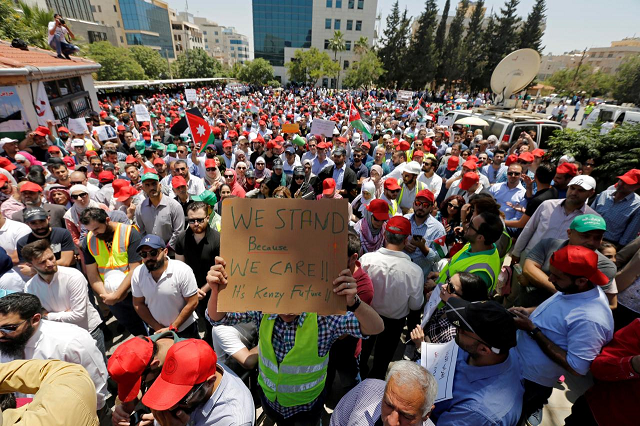Post-truth politics and the anti-fragile state Part II
What is the definition of dissent? An expression of an opinion that varies from those commonly held

Post-truth politics and the anti-fragile state Part II
The above-mentioned individuals are mostly of Pakistani origin; those who are not of Pakistani origin have either not spent quality time in Pakistan, or those who did, have a history of – let’s say – unfulfilled relationships (could be business or personal) that did not go the way they expected, so they’ve had to swallow an understandably bitter pill.
These ‘democratic’ individuals, interestingly enough, group together in a herd mentality to leverage patently obvious online bullying tactics to oppress anyone’s view that’s different from their own. And it seems they have a new favourite to attempt to bully: me. Insert smile emoticon here.
If one tries to engage in a discussion to learn about a different way of life or belief system, be it a theological question, or make an observation or share one’s opinion about Pakistan’s state of affairs, this group’s modus operandi is to feign sensitivity, try to contort words as ‘proof’ of their grievances, and then rally their online ‘troops’ to a group-think digital blood-lust. Scripted, predictable attempts at their post-truth political machinations and not very democratic.
Let’s address what I mean by the Anti-Fragile State. One of my favourite authors, Nassim Nicholas Taleb, wrote a book I frequently associate with the Pakistan: Anti-Fragile: Things That Gain from Disorder. Taleb explores the decision-making process and how random events can be channeled to navigate a convoluted world. He defines what fragility is: something that is easily breakable; something that doesn’t like volatility. And since there doesn’t seem to be a word in the English language for the opposite of fragile, Taleb invented Anti-Fragile.
Here is where Anti-Fragile comes in. Essentially, chaos leads to growth. We learn and grow from disorder. Financial, economic and social situations. There are entire domains that are dominated by unpredictability – medical discovery; how to exploit luck so that the world of medicine benefits more than it loses. Clinical trials and error. Individuals and institutions that learn from, grow, and become stronger as a result of chaos, disorder, are considered Anti-Fragile. This is not to say the individuals and institutions like, or create chaos. In fact, they learn to embrace it and see the experience as a valuable learning lesson. The work culture at Google is one such example: someone writes a bad code, and employees rally together in support of what some might identify as ‘sub-optimal’ experience; however, Google employees see this disruption as priceless information they, otherwise, might never have come across.
Even as some basic human decency appears to devolve, life as we know it is being radically restructured. Nature values diversity and is ever-changing. Why should we, as humans, attempt to go against nature? Let’s consider: are more ‘developed’, wealthier nations’ status as world powers, super powers, and their economic, political and social statuses, as a result of pre-existing, automatic superior knowledge or trial and error?
Published in The Express Tribune, December 31st, 2018.
Like Opinion & Editorial on Facebook, follow @ETOpEd on Twitter to receive all updates on all our daily pieces.














COMMENTS
Comments are moderated and generally will be posted if they are on-topic and not abusive.
For more information, please see our Comments FAQ